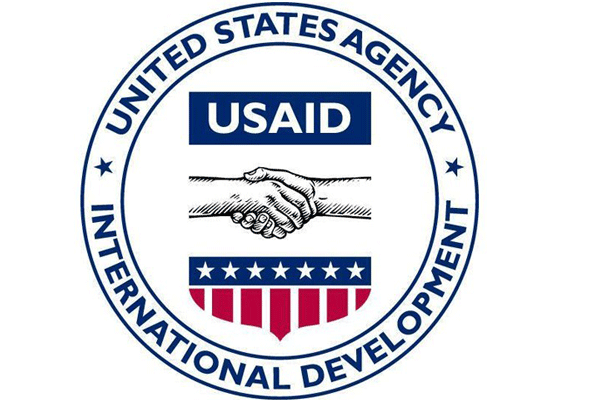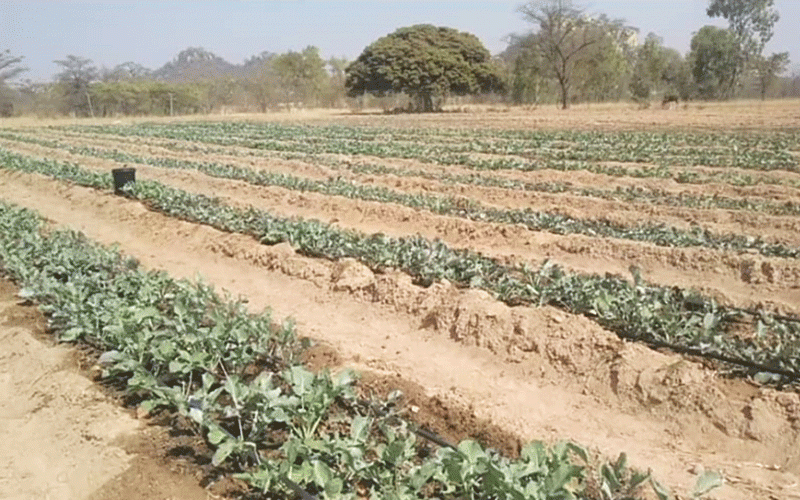
BY SHARON SIBINDI
The United States Agency for International Development (USAid) has economically empowered more than 13 000 smallholder farmers across six districts in Zimbabwe since 2015, thus significantly boosting their household incomes.
USAid is an independent US agency that administers civilian foreign aid and development assistance.
Speaking during a virtual meeting yesterday, USAid’s mission director, Art Brown said the farmers were assisted through the Feed the Future Livestock Development (FTFZ-LD) programme. The assistance has increased the farmers’ incomes on average 353% from US$297 to US$1 345 per annum per household.
“I am very proud to say that the Feed the Future Zimbabwe Livestock Development programme helped drastically reduce the proportion of beneficiaries living below the poverty line,” Brown said.
“Of the programme’s beneficiaries, more than 2 300 farmers entered the large-scale dairy industry. Seventeen village milk aggregators from five districts now regularly supply dairy processors such as Dendairy and Dairibord Zimbabwe Limited.”
He added: “Through the programme’s training and technical assistance in good agriculture and animal husbandry practices, beef and dairy farmers were given opportunities to sustainably increase their productivity, which enhanced their food security, incomes, nutrition, and hygiene, and built resilience to climate change and drought.
“In addition, the programme focused on increasing women’s participation in livestock activities and, as a result, nearly half of the programme’s beneficiaries were women.” The FTFZ-LD farmers invested more than US$3,8 million of their own resources into productive assets, including improved cattle breeds, artificial insemination, farm machinery and infrastructure, cold chain facilities, and boreholes, Brown said.
- Chamisa under fire over US$120K donation
- Mavhunga puts DeMbare into Chibuku quarterfinals
- Pension funds bet on Cabora Bassa oilfields
- Councils defy govt fire tender directive
Keep Reading
USAid said it intended to invest an additional US$19,8 million towards livestock programmes in the coming five years targeting 20 000 households in Manicaland and Masvingo provinces. Over the past 30 years, the United States has invested nearly $3,2 billion in Zimbabwe through initiatives aimed at increasing food security, health incomes and promoting democratic governance.











